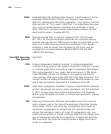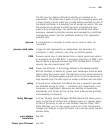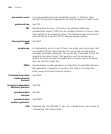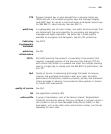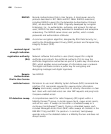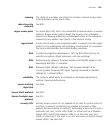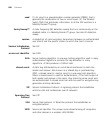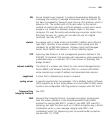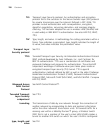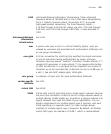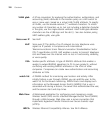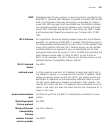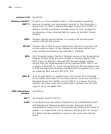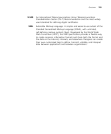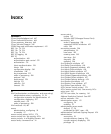700 GLOSSARY
TLS Transport Layer Security protocol. An authentication and encryption
protocol that is the successor to the Secure Sockets Layer (SSL) protocol
for private transmission over the Internet. Defined in RFC 2246, TLS
provides mutual authentication with nonrepudiation, encryption,
algorithm negotiation, secure key derivation, and message integrity
checking. TLS has been adapted for use in wireless LANs (WLANs) and
is used widely in IEEE 802.1X authentication. See also EAP-TLS; PEAP;
TTLS.
TLV Type, length, and value. A methodology for coding parameters within a
frame. Type indicates a parameter’s type, length indicates the length of
its value, and value indicates the parameter’s value.
Transport Layer
Security protocol
See TLS.
TTLS Tunneled Transport Layer Security. An Extensible Authentication Protocol
(EAP) method developed by Funk Software, Inc., and Certicom for
802.1X authentication. TTLS uses a combination of certificates and
password challenge and response for authentication. The entire EAP
subprotocol exchange of attribute-value pairs takes place inside an
encrypted transport layer security (TLS) tunnel. TTLS supports
authentication methods defined by EAP, as well as the older Challenge
Handshake Authentication Protocol (CHAP), Password Authentication
Protocol (PAP), Microsoft CHAP (MS-CHAP), and MS-CHAPV2. Compare
EAP-TLS; PEAP.
Managed Access
Point Control
Protocol
See MAP Control Protocol™.
Tunneled Transport
Layer Security
subprotocol
See TTLS.
tunneling The transmission of data by one network through the connections of
another network by encapsulating its data and protocol information
within the other network’s transmission units. To forward traffic for a
roaming user within a Mobility Domain™ group, a Wireless Switch
(WX) that is not a member of the user’s virtual LAN (VLAN) creates a
tunnel to another WX switch on which the user’s VLAN is configured.
type, length, and
value
See TLV.



